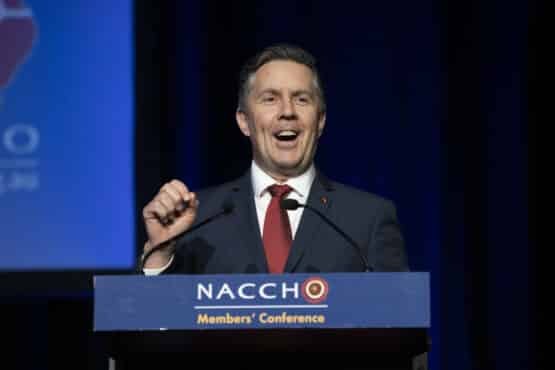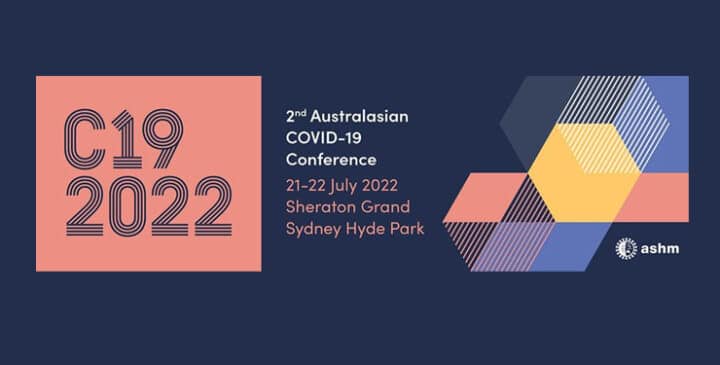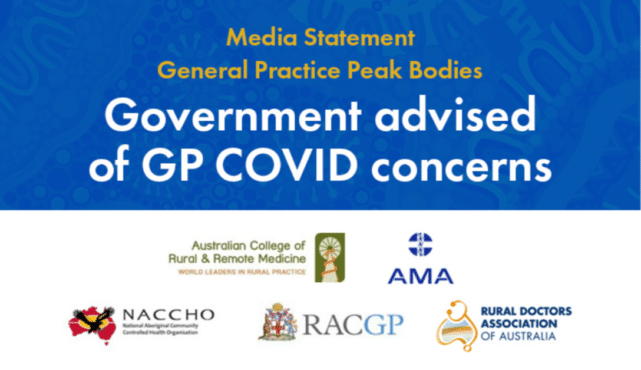

Government backs remote communities with COVID-19 support
The Australian Government is offering 45 flexible grants to help 110 remote communities across Australia protect themselves against COVID-19.
The grants are available as part of the Government’s $57.8 million Remote Community Preparedness and Retrieval package.
Minister for Health, Greg Hunt, said the Government was focused on ensuring remote Indigenous communities were prepared for an outbreak of COVID-19.
“We know that isolation and remoteness may help delay an outbreak of COVID-19 in remote Indigenous communities,” Minister Hunt said.
“Nonetheless, the Government is committed to playing its role in protecting communities and ensuring appropriate steps are taken to delay or prevent an outbreak of COVID-19 in these areas.”
“We are empowering local communities to take the steps they think are necessary to prevent an outbreak of COVID-19.”
To help stop the spread of the virus, governments are restricting the movement of people in and out of remote areas.
The decision to restrict access to remote communities follows advice from Indigenous leaders, decisions by a number of Indigenous communities and the Western Australian and Northern Territory Governments to implement similar measures.
Travelling to other towns and cities could increase the chance of community members getting sick. It could spread the virus between communities.
Community members are encouraged to return to their own community as soon as possible. Anyone returning to community will need to self-isolate for 14 days, outside of their community, before they can return.
Authorised by Greg Hunt MP, Liberal Party of Australia, Somerville, Victoria.
Minister for Indigenous Australians, Ken Wyatt, said the flexible grants funding will ensure culturally safe measures can be developed and implemented.
“It’s important that remote communities will have the opportunity to develop local, flexible solutions in planning their response to COVID-19,” Minister Wyatt said.
“By implementing local solutions, we can make it easier to ensure people in Aboriginal and Torres Strait Islander communities can access the support they need.”
“The Government’s number one priority is to keep all Australians safe, and this of course includes our Indigenous communities, especially those in regional and remote areas, where many already live with major chronic diseases.”
The grants package is part of the Government’s broader $2.4 billion health package to fight COVID-19, which includes initiatives to help remote communities limit their exposure, have the capacity to evaluate cases, and respond effectively if an outbreak occurs.
Minister Hunt said the Government’s new GP respiratory clinics are a crucial part of the mix of health care services the Government is putting in place to respond to COVID-19, including for Aboriginal and Torres Strait Islander people.
“The respiratory clinics will help assess people with mild to moderate fever and respiratory symptoms away from hospitals and other general practices,” he said.
“The clinics won’t cost people anything to use them – and we will ensure they are culturally appropriate.”
Some GP respiratory clinics will be operated by Aboriginal Community Controlled Health Services, supplemented by mobile and deployable options to respond to needs in remote communities.
The Government is investing $6.9 million through the National Aboriginal Community Controlled Health Organisation, its sector support organisations and Aboriginal and Torres Strait Islander Community Controlled Health Services to coordinate Australia’s COVID-19 response efforts, including to ensure cultural safety across all GP respiratory clinics.
-ENDS-

